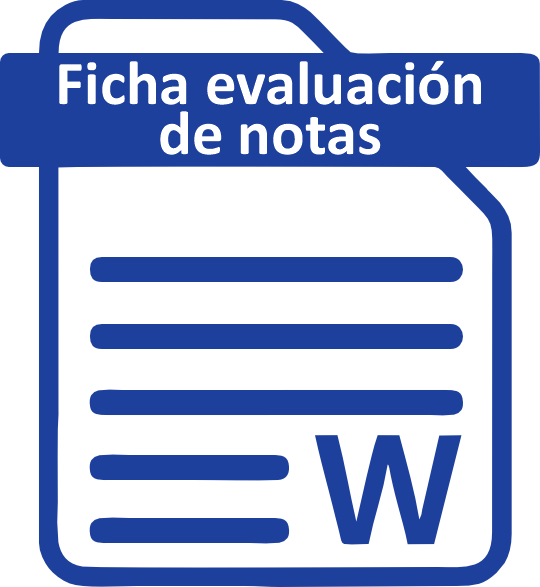Self-reflective literary discourse in the Peruvian narrative tradition: the case of Historia secreta de una novela (1971) by Mario Vargas Llosa
Abstract
The purpose of this paper is to discuss the genesis or emergence, within the Peruvian literary system, of a self-reflective literary discourse whose aim is to present the writing process of a work from the point of view of its author. In order to clarify the features and strategies found in this particular type of discourse, we analyze the case of Historia secreta de una novela (1971) [The Secret History of a Novel], an essay by Mario Vargas Llosa. Finally, the main characteristics of this type of discourse are specified, such as the presence of a dialogical, autobiographical, prescriptive or testimonial component, at a micro-discourse level.
Downloads
Copyright (c) 2020 Lenin Heredia Mimbela

This work is licensed under a Creative Commons Attribution 4.0 International License.
Authors retain their rights:
a. The authors retain their trademark and patent rights, as well as any process or procedure described in the article.
b.The authors retain the right to share, copy, distribute, perform and communicate publicly the article published in the Boletín de la Academia Peruana de la Lengua (for example, placing it in an institutional repository or publishing it in a book), with an acknowledgment of its initial publication in the Boletín de la Academia Peruana de la Lengua.
c. Authors retain the right to make a subsequent publication of their work, to use the article or any part of it (for example: a compilation of their work, notes for conferences, thesis, or for a book), as long as they indicate the source of publication (authors of the work, journal, volume, number and date).

.gif)






























